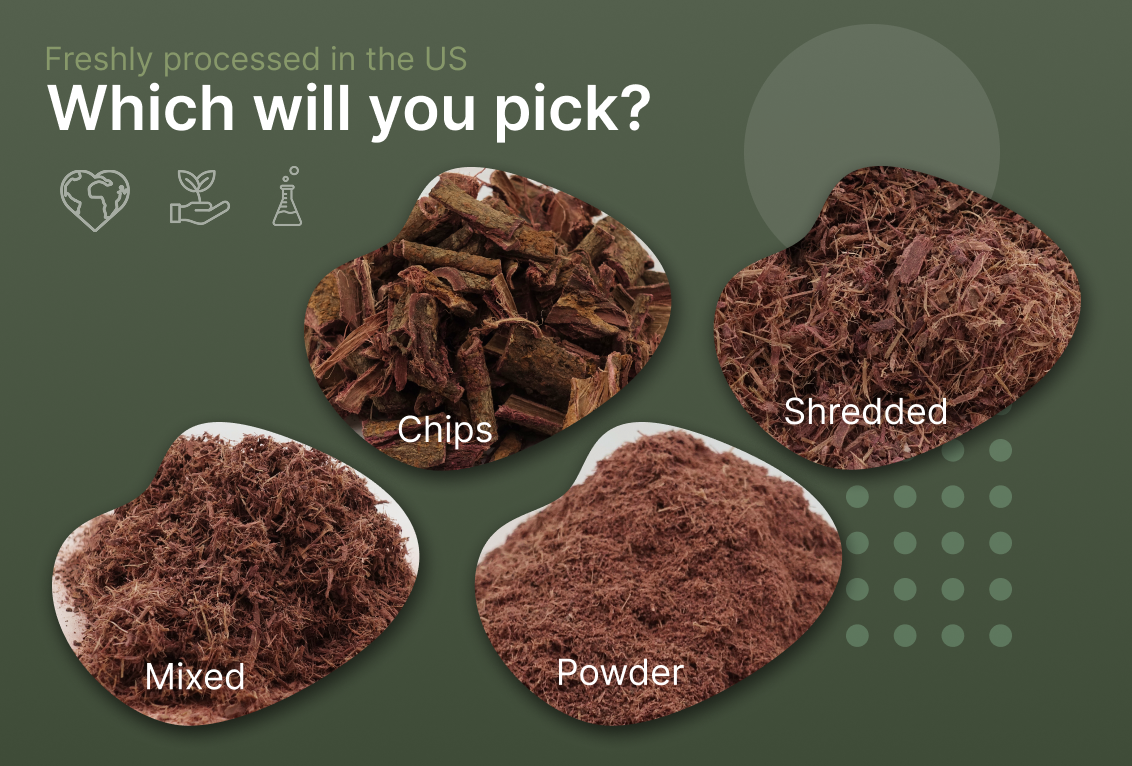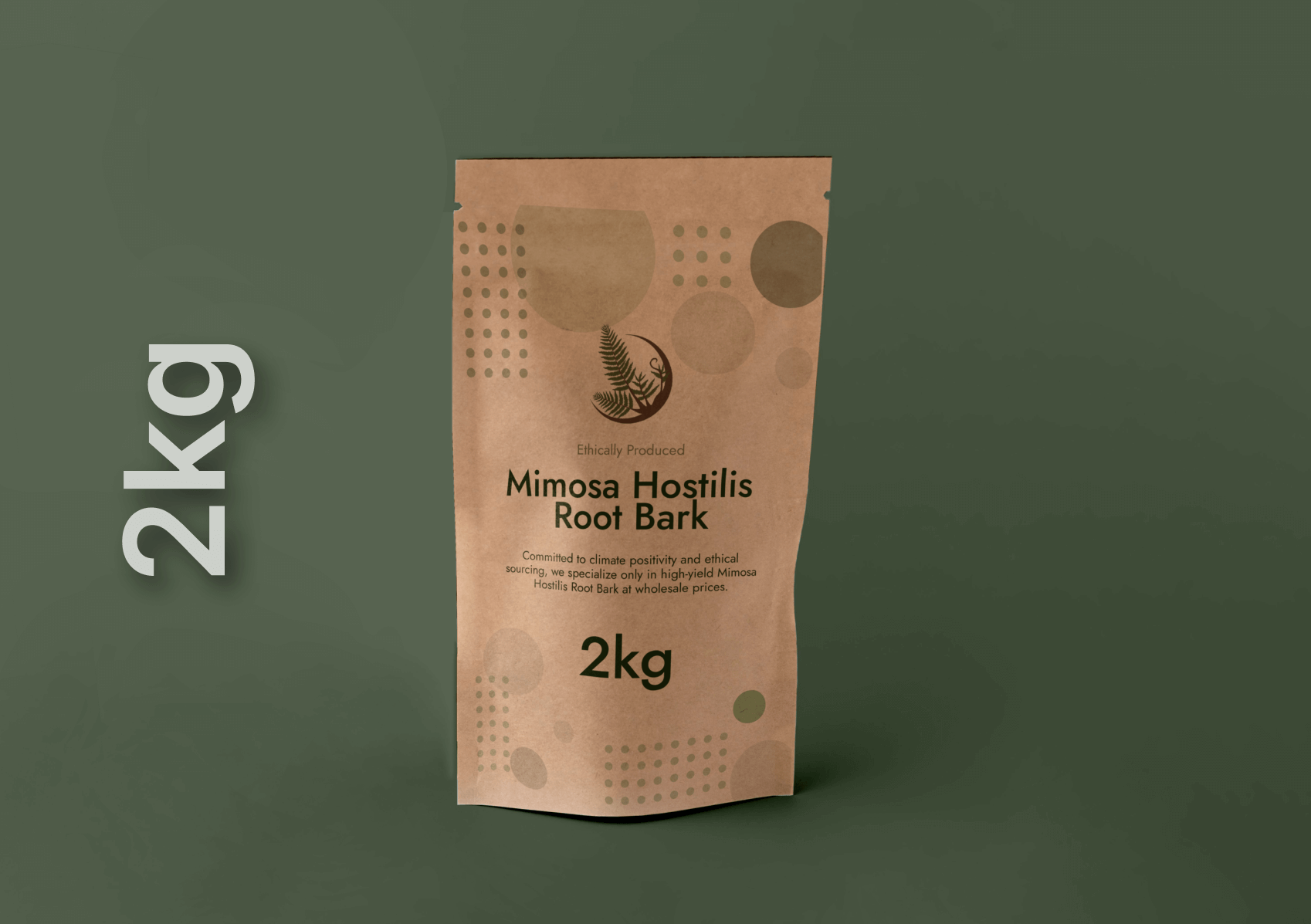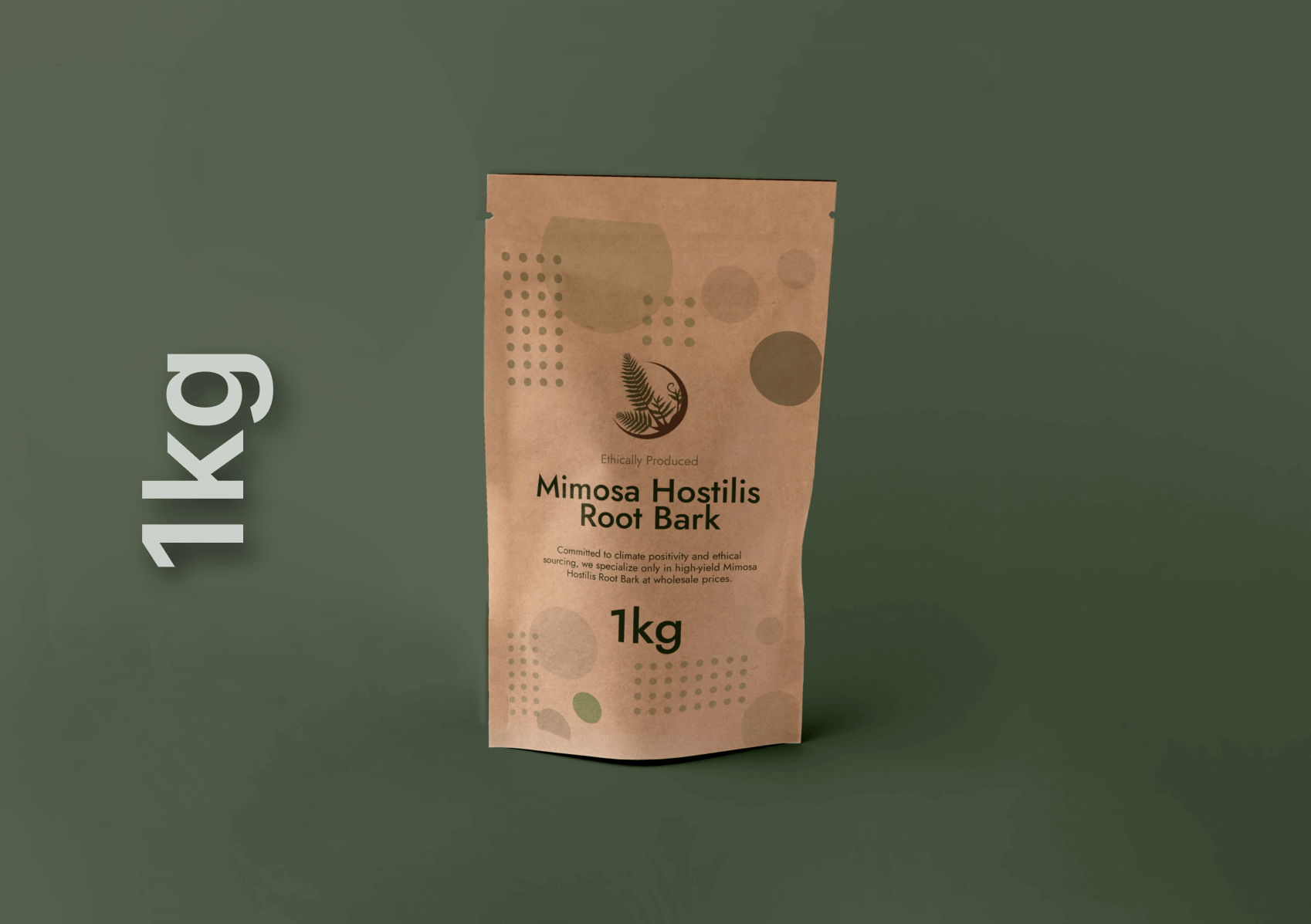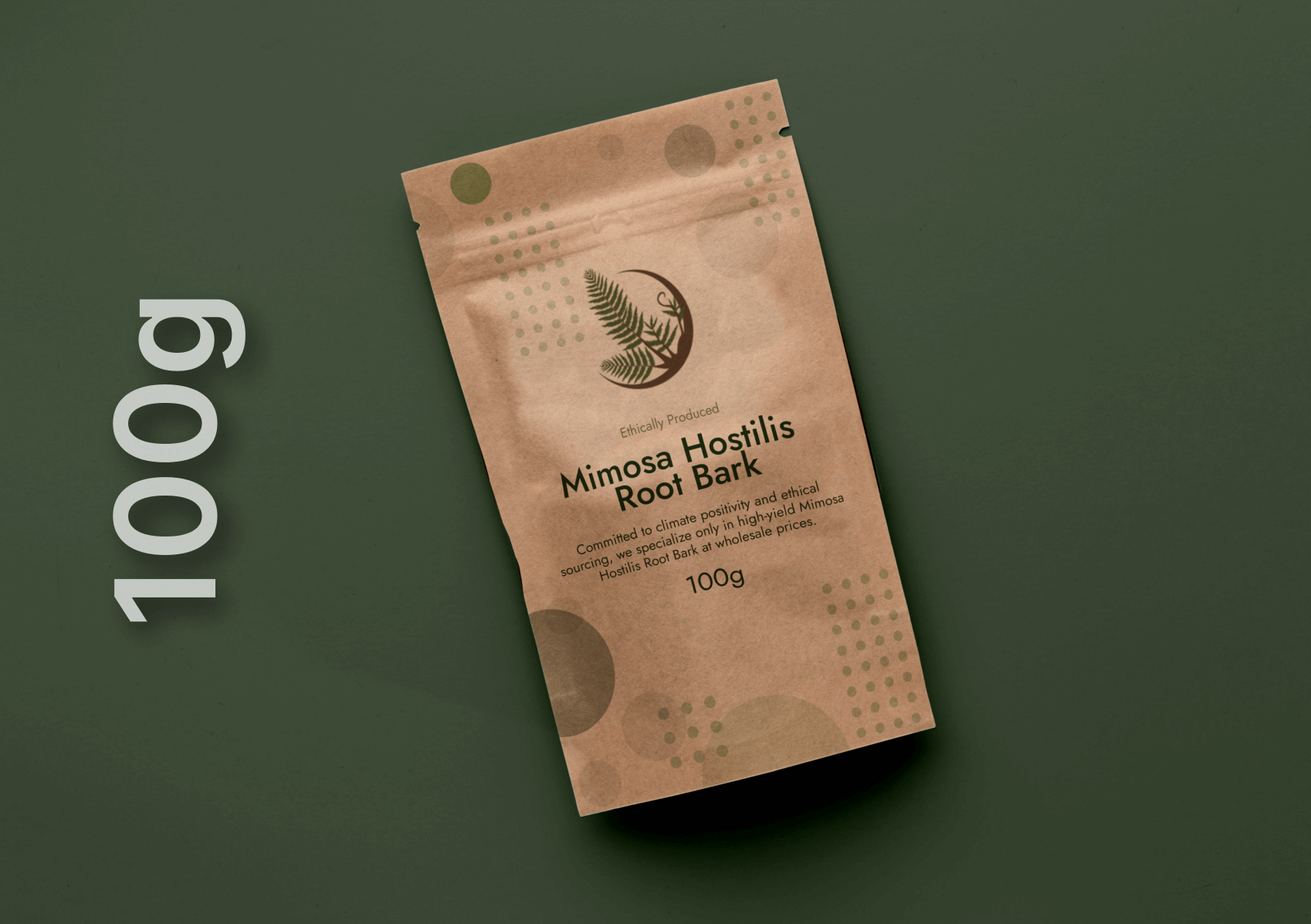The tides of global commerce are shifting. As the world awakens to the benefits of natural and sustainable products, a unique opportunity is emerging for those with the vision to see it: Mimosa Hostilis. This tree, with roots that run deep in the cultural and spiritual practices of indigenous communities, is quietly becoming a coveted resource in the market. For those who once saw the potential in cannabis before the world caught on, Mimosa Hostilis offers a new frontier—a niche that is ripe for exploration and growth.
A New Era for Natural Products
Much like the early days of the cannabis market, when whispers of its potential swirled in the underground before becoming mainstream, Mimosa Hostilis is beginning to captivate the attention of those in the know. Consumers are increasingly seeking products that are natural, sustainable, and ethically sourced. They want authenticity, and they are willing to pay for it.
Mimosa Hostilis, known for its potent natural dyes, skin-healing properties, and its revered role in spiritual rituals, is positioned perfectly to meet this demand. The tree’s versatility mirrors that of cannabis, offering a multitude of applications that range from health and wellness to artisanal crafts. For the entrepreneur with a keen eye, this is more than just a product—it’s an opportunity to be part of a movement that values sustainability and tradition.
Cultural Richness Meets Market Potential
There’s something undeniably compelling about a product with a story—a product that carries with it the weight of history, culture, and tradition. Mimosa Hostilis is more than just a tree; it is a symbol of resilience, used for centuries by indigenous communities in Brazil and Mexico for its healing properties and in sacred rituals.
This cultural significance adds an irreplaceable value to the market. Imagine offering a product that not only meets the growing demand for natural goods but also connects consumers with a rich cultural heritage. Thve cannabis market taught us that consumers crave more than just a product—they crave a connection. Mimosa Hostilis offers that connection, wrapped in the allure of the exotic and the ancient.
Sustainable Practices: The Future of Business
For those who championed sustainability in the cannabis industry, the principles remain the same: the future belongs to those who respect the earth. Mimosa Hostilis is a resource that, when harvested responsibly, supports not only the environment but also the local communities who have tended these trees for generations.
The opportunity here lies in ethical sourcing and transparent business practices. By aligning with the values of today’s conscious consumers, businesses can build brands that stand for more than just profit—they stand for purpose. Much like the pioneers of the cannabis industry, entrepreneurs who embrace sustainable practices in the Mimosa Hostilis market can create a legacy that is both profitable and principled.
Innovation in a Niche Market
The beauty of entering a market early is the freedom to innovate. Mimosa Hostilis, with its myriad uses, offers the chance to create products that are truly unique. From luxury skincare to high-end natural dyes, the potential for differentiation is vast. The cannabis market flourished through innovation—those who saw beyond the obvious and dared to experiment with new products and delivery methods found themselves at the forefront of a burgeoning industry.
Mimosa Hostilis is poised for a similar trajectory. The market is still in its infancy, and there is room for those with the creativity to develop products that capture the imagination. Whether it’s a wellness brand that taps into the tree’s healing properties or an artisanal line of natural dyes, the possibilities are limited only by your vision.
Conclusion
For those who recognize the patterns of market evolution, Mimosa Hostilis presents a familiar yet exciting opportunity. The parallels to the early days of the cannabis industry are clear: a product with deep roots in tradition, a growing demand for natural and sustainable goods, and a market that is ripe for innovation.
Now is the time to plant your stake in the ground. To those who once saw the potential in cannabis, Mimosa Hostilis offers a new canvas—one where the principles of sustainability, cultural respect, and innovation can once again lead to success. This is more than just entering a market; it’s about shaping a future where business and ethics go hand in hand.
The world is watching, and those who act now will not only be part of a profitable niche but also stewards of a legacy that respects both nature and culture. The Mimosa Hostilis market is your next opportunity. Will you seize it?




